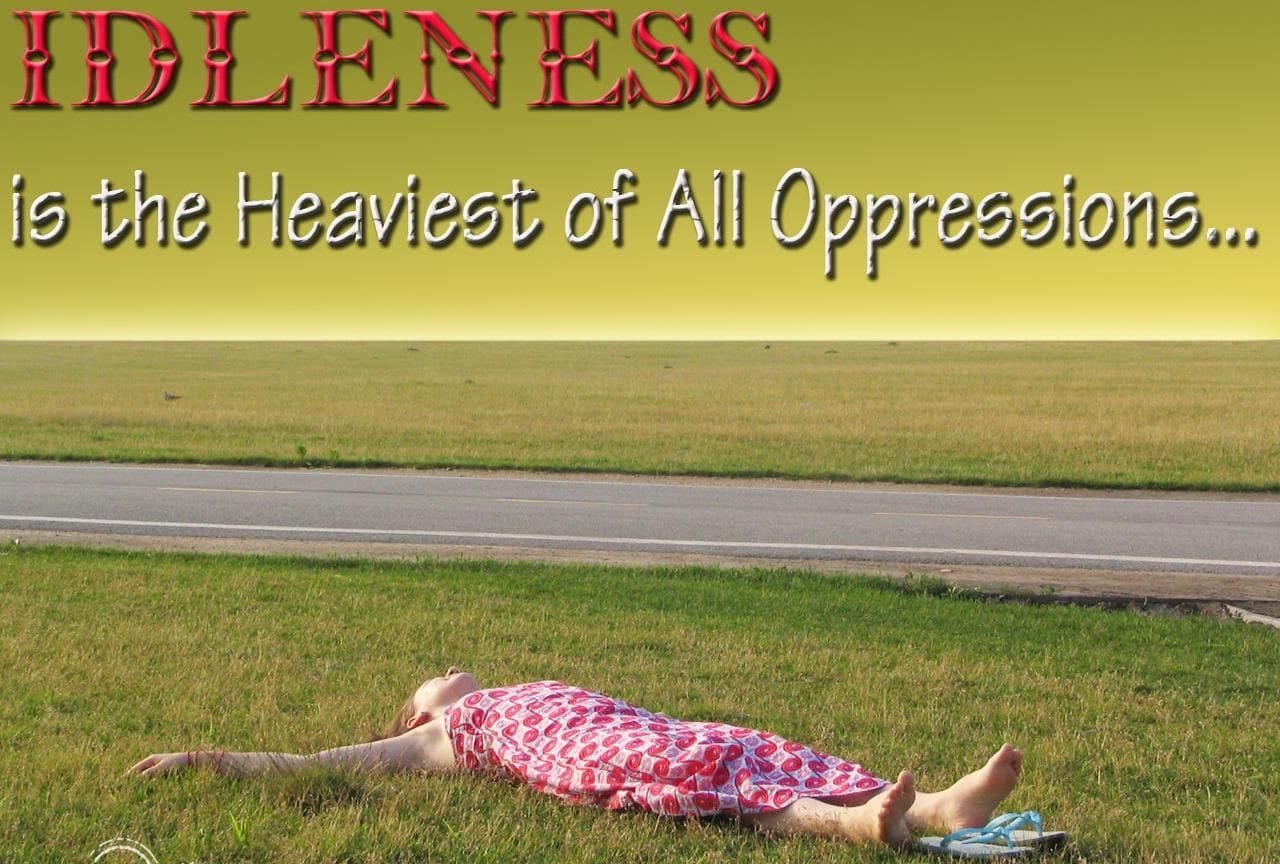Dreams, the intricate tapestry woven from the fabric of our subconscious mind, often transport us to realms beyond our waking imagination. Idleness, a theme that might seem mundane at first glance, can unravel profound insights when featured in dreams, especially for young women navigating the crossroads of personal growth, love, and aspirations. This comprehensive exploration delves into the symbolism, cultural interpretations, and psychological underpinnings of dreams involving idleness, providing a beacon for those seeking understanding and guidance.
Symbolism and Folklore Perspectives
In dreams, every element, be it an action or a color, carries symbolic weight. Idleness, often depicted through scenarios like eating, drinking, observing, or engaging in leisure activities without purpose, serves as a canvas reflecting deeper psychological and emotional states.
Actions and Color Symbolism
- Eating or Drinking Idleness: Symbolizes a need for emotional nourishment. Colors like blue and green might represent tranquility and growth, whereas red might denote underlying passion or stress.
- Observing Idleness: Can signify introspection. Witnessing scenes unfold without participation might highlight feelings of detachment or the need for a more active role in one’s life decisions.
- Leisure Activities: Playing games or engaging in non-goal-oriented activities in dreams might underscore a desire for freedom or escapism from life’s pressures.
Folklore across cultures often views idleness in dreams as a message from the subconscious to reassess life’s direction. For instance, Eastern philosophies might interpret idleness as a sign to embrace Wu Wei (non-action), suggesting that inaction can be a form of action if it aligns with the flow of life.
Cultural Interpretations: Love, Abundance, and Personal Growth
Different cultures attach varied meanings to the concept of idleness in dreams, often seen as reflections of societal values and philosophies.
- In Love: Some cultures see dreams of idleness as a precursor to romantic fulfillment, associating leisure and openness with the readiness for love.
- Abundance: Idleness juxtaposed with lush, fertile settings in dreams can symbolize impending abundance or a period of personal harvest.
- Personal Growth: Conversely, barren landscapes accompanying idleness might prompt the dreamer to seek new avenues for growth and self-discovery.
Psychological Perspectives
Psychologists and dream analysts often view idleness in dreams as a window into the dreamer’s inner world. Carl Jung posited that dreams serve as a bridge to the unconscious, with idleness potentially highlighting areas of stagnation or neglected aspects of the self.
- Reflecting Inner Desires: Dreams of idleness might reveal hidden desires for a break, signaling burnout or the need for self-care and reflection.
- Resistance to Change: Frequent dreams of idleness can also signify resistance to change or fear of taking the necessary steps toward personal goals.
Common Dream Scenarios Involving Idleness
- Eating or Drinking in Excess: Could indicate emotional voids or unaddressed needs.
- Observing Life Passively: Might reflect feelings of helplessness or indecision.
- Engaging in Purposeless Activities: Suggests escapism or longing for simplicity.
Incorporating expert opinions, such as those from renowned dream analyst Robert Johnson, these scenarios often echo collective archetypes, mirroring shared human experiences and emotions.
Practical Advice for Navigating Dreams of Idleness
Understanding the symbolism and emotional undercurrents of idleness in dreams can offer invaluable insights. Here are practical steps for individuals frequently encountering these themes:
- Journaling: Keeping a dream journal helps in identifying patterns and themes over time, providing clues to the subconscious mind’s messages.
- Reflection and Meditation: Allocating time for introspection can unveil the emotions or situations in one’s waking life that correlate with the idleness in dreams.
- Seek Guidance: Consulting with a therapist or a dream analyst can offer personalized interpretations and advice, aiding in navigating the dream’s messages.
- Actionable Steps: Identifying small, actionable steps toward addressing the areas of life reflected in the dream can empower the dreamer to transform idleness into active engagement with life.
In dreams, idleness serves not as an end but rather as a signpost, urging us to pause, reflect, and potentially recalibrate our journey. Whether manifesting as a whisper for rest in a life marked by relentless striving or as a nudge towards embracing action in the face of stagnation, dreams of idleness beckon us to delve deeper into our psyche, inviting personal growth, abundance, and the blossoming of love in its myriad forms.
Conclusion
Dreams have the power to be both a mirror and a window, reflecting our deepest selves while offering glimpses into realms of possibility and growth. Idleness in dreams, far from denoting a lack of purpose, emerges as a symbolic guidepost, urging introspection, self-care, and reconsideration of our path. By decoding these dreamscapes with curiosity and openness, individuals can harness their insights, transforming idleness from a state of inaction into a dynamic catalyst for personal evolution and fulfillment.
